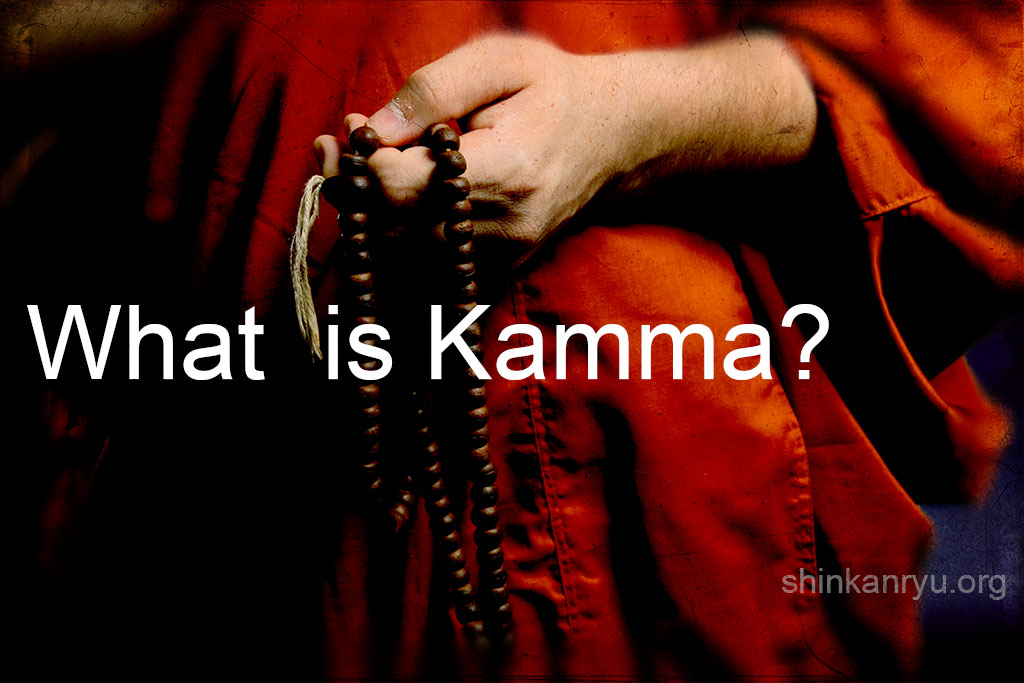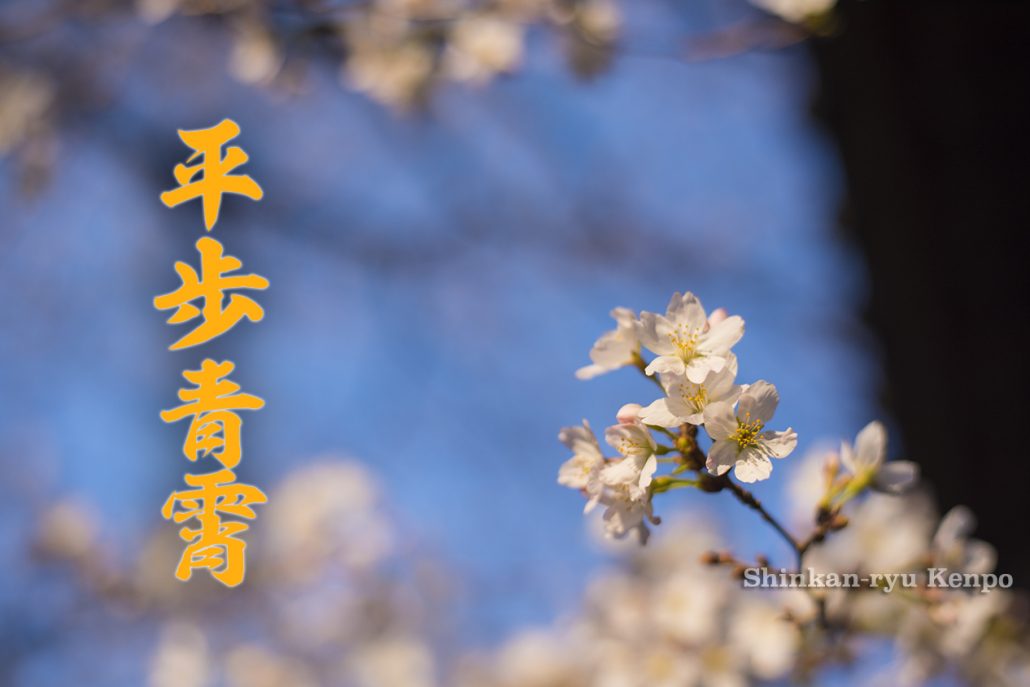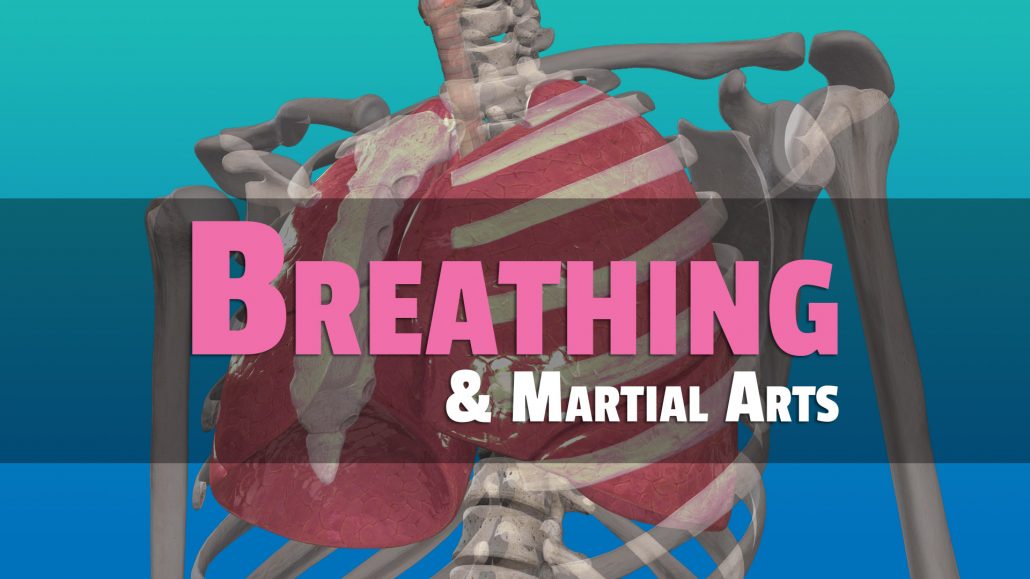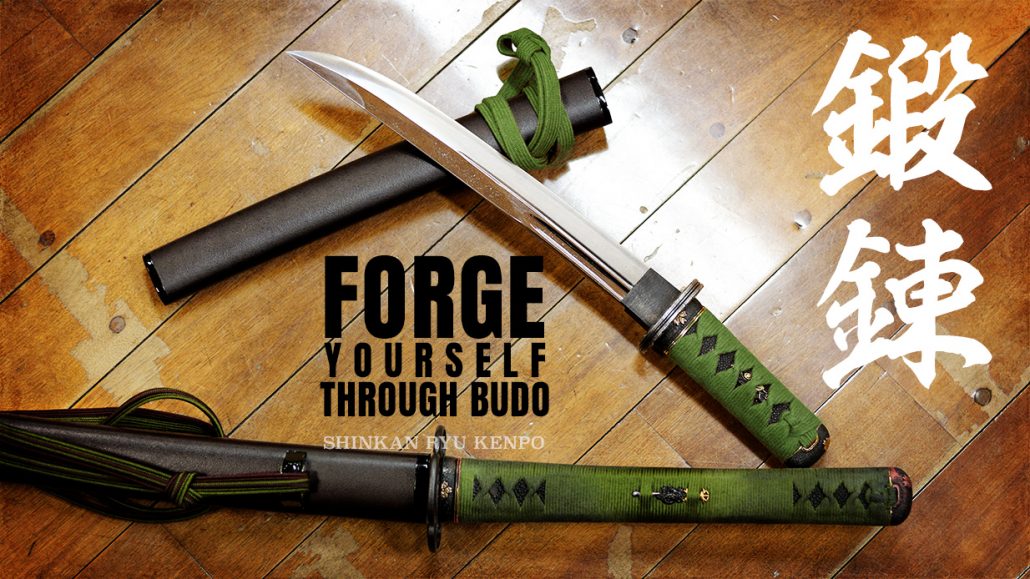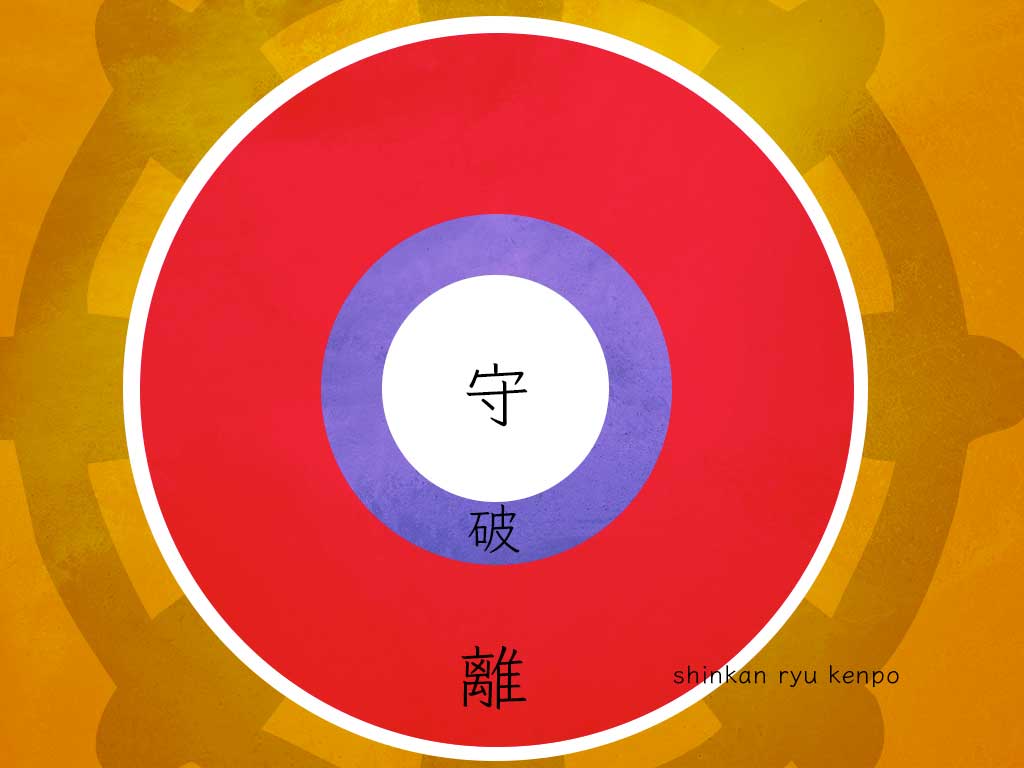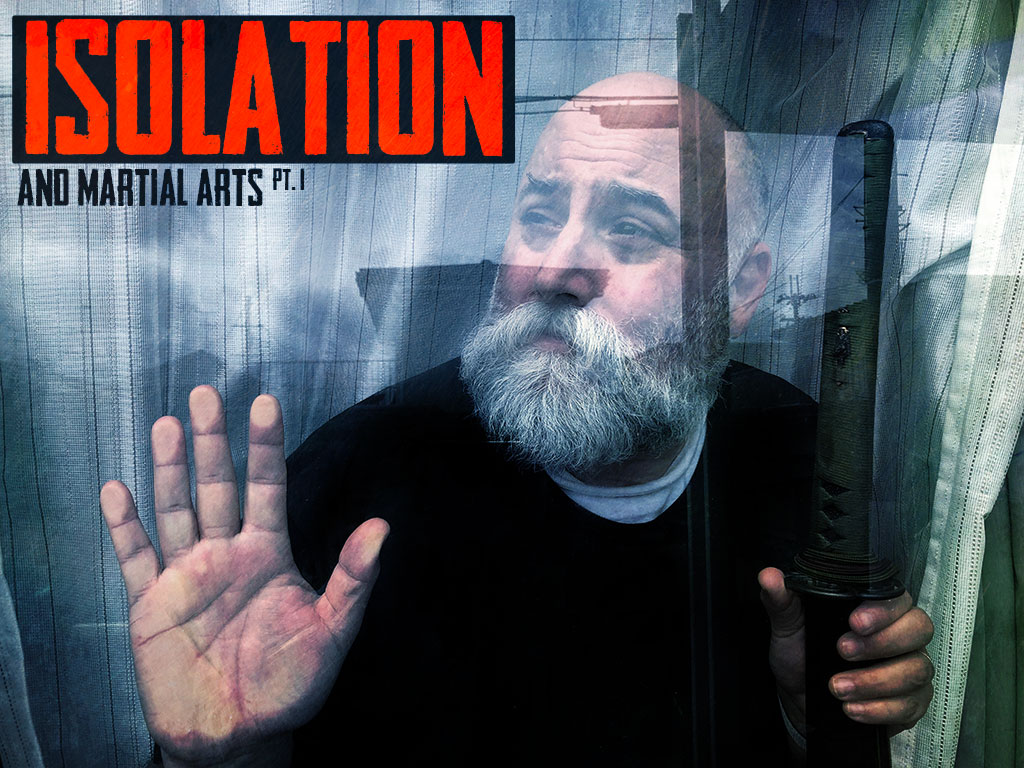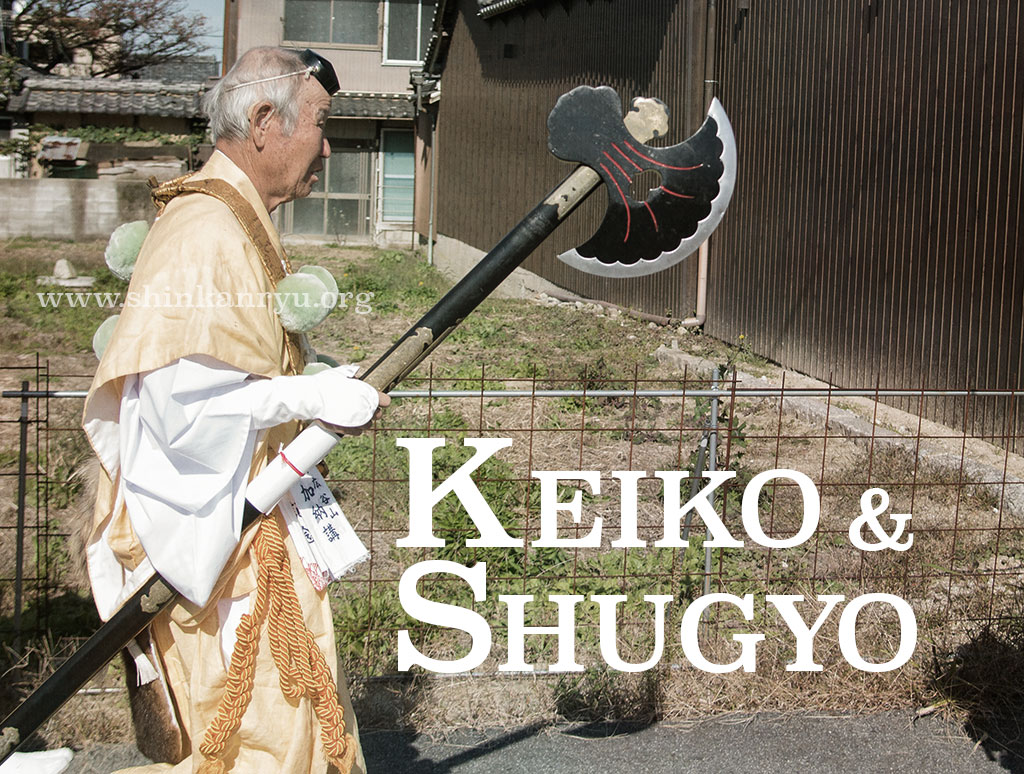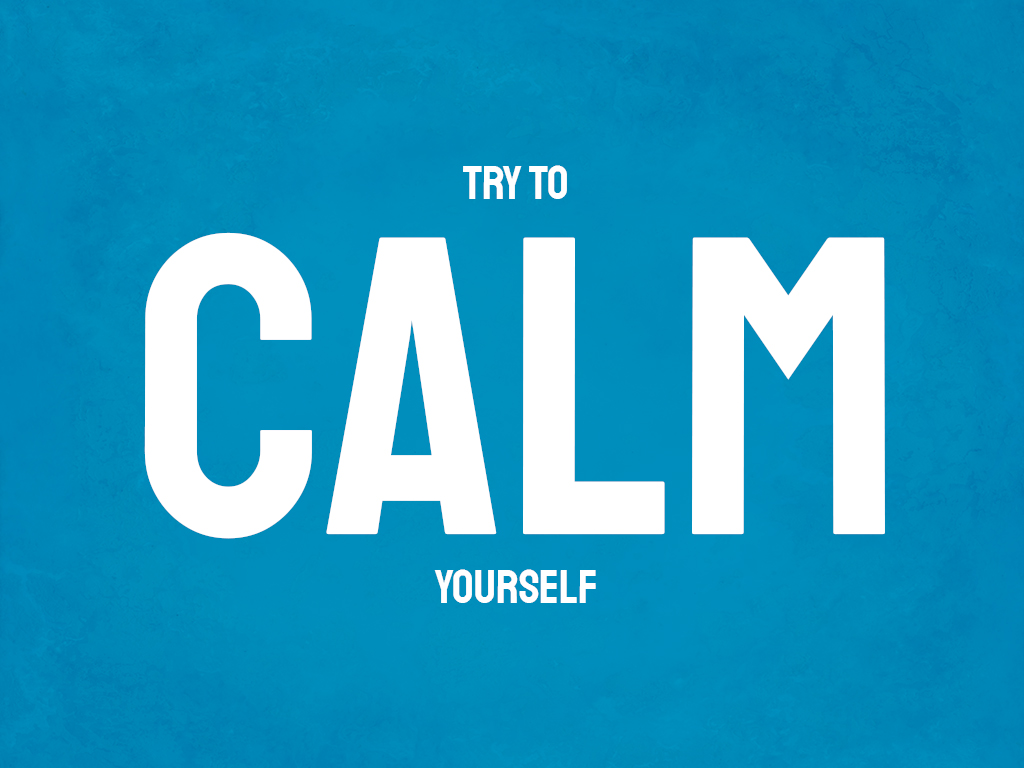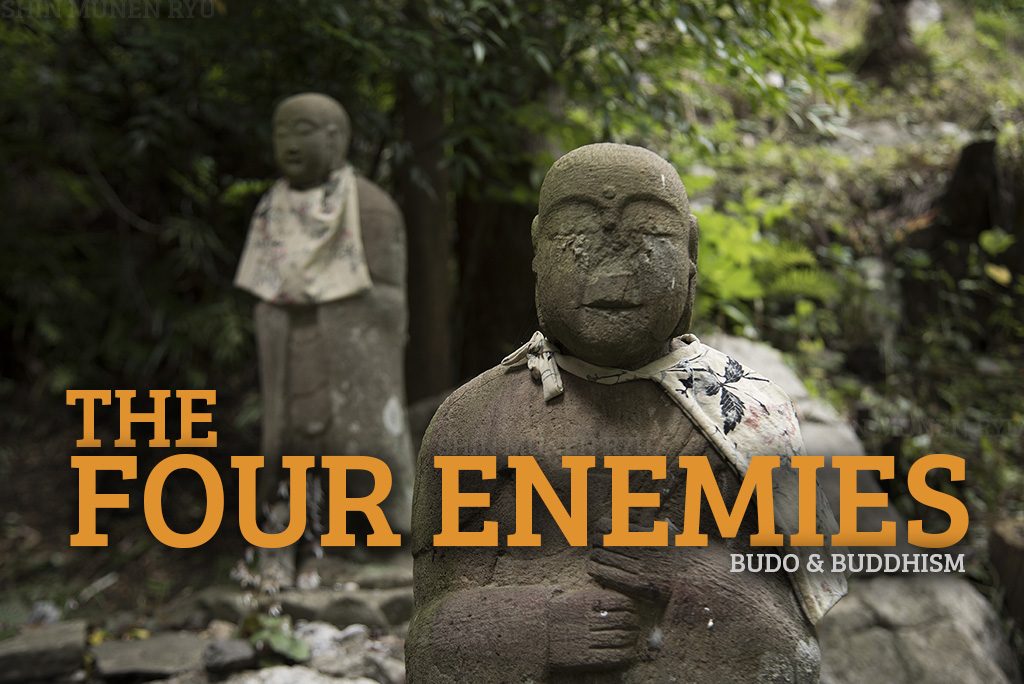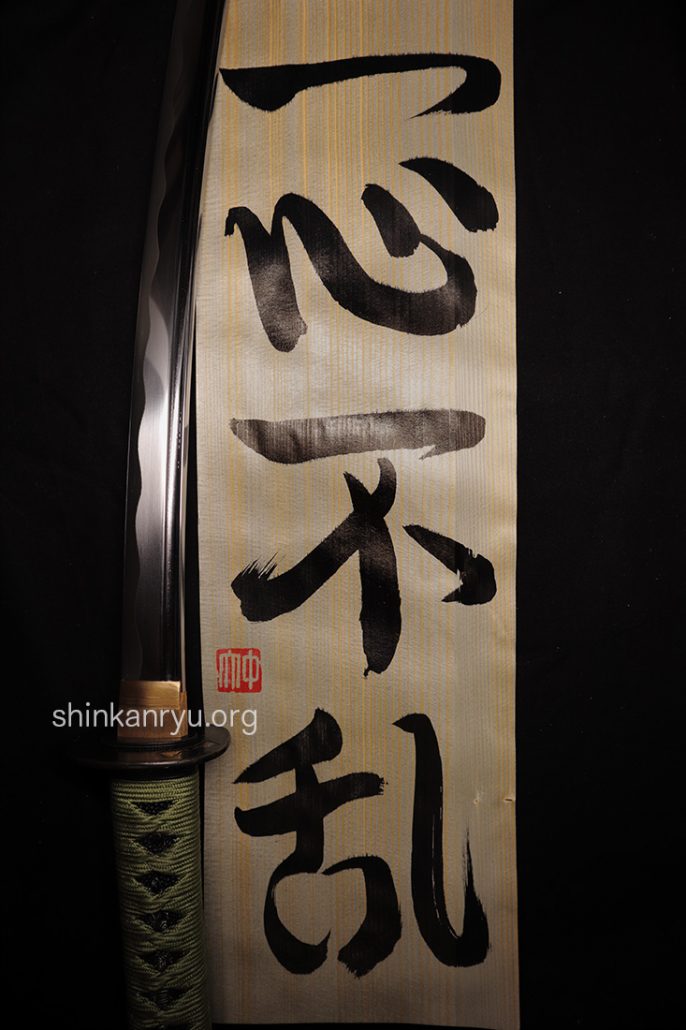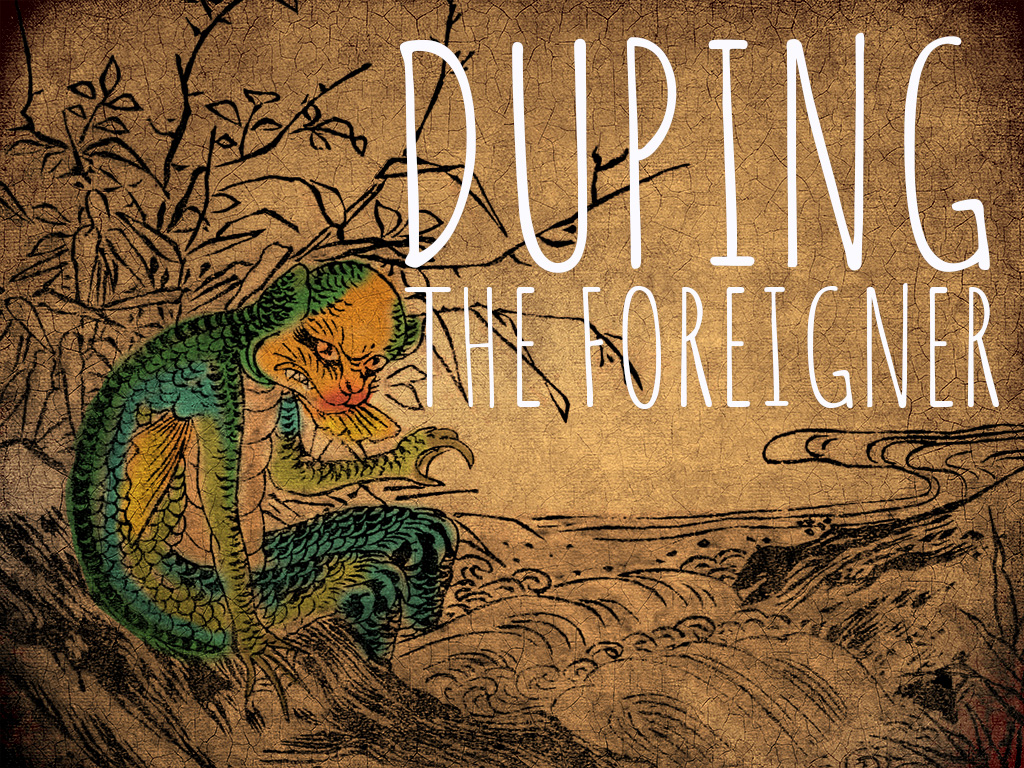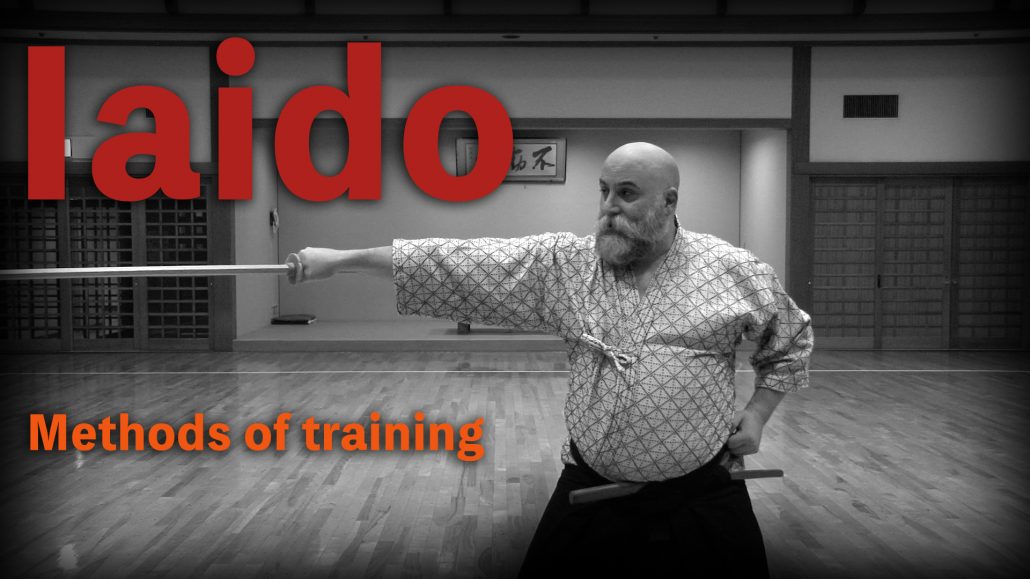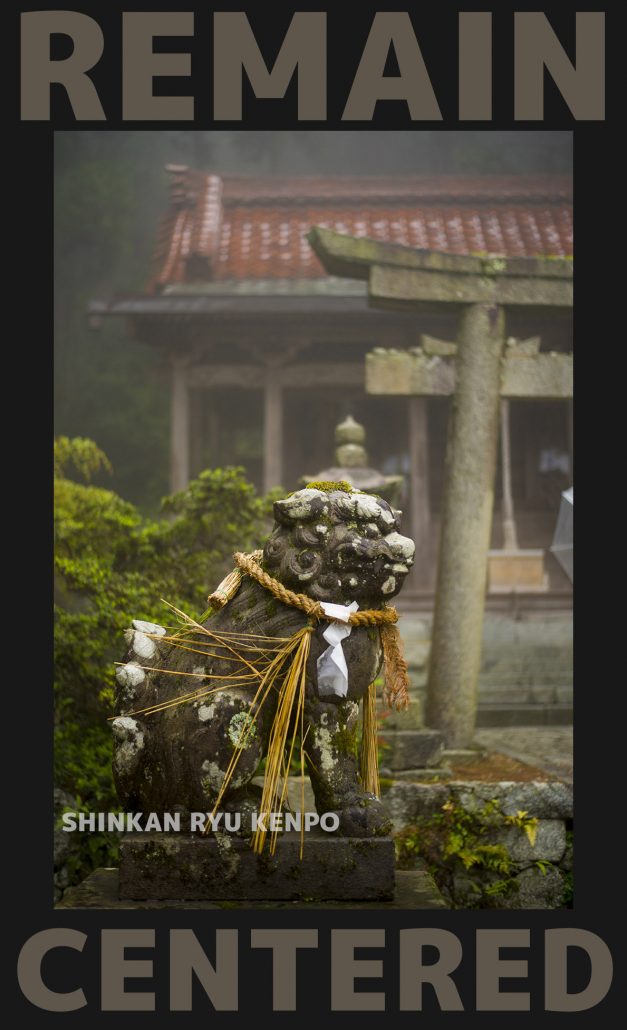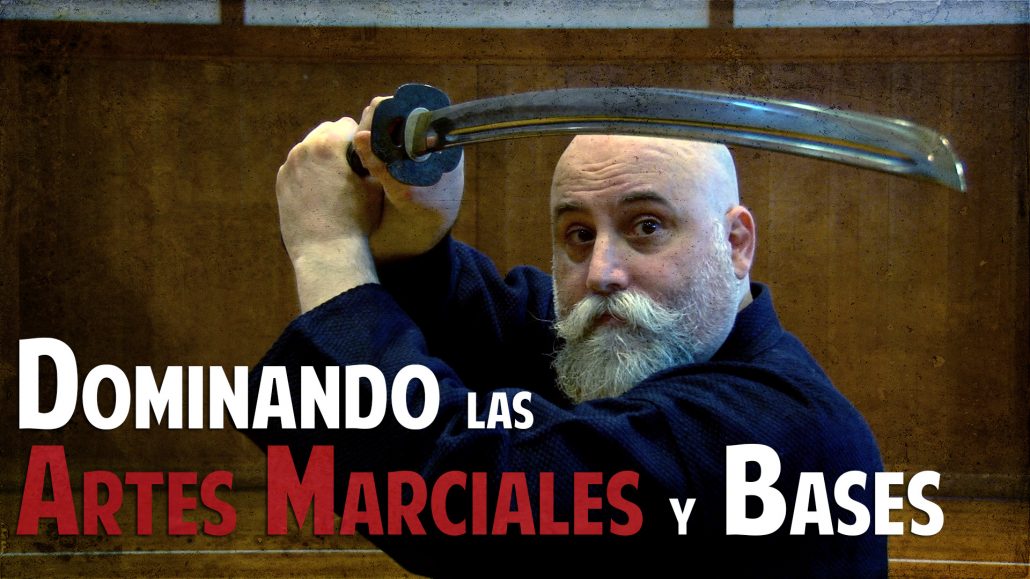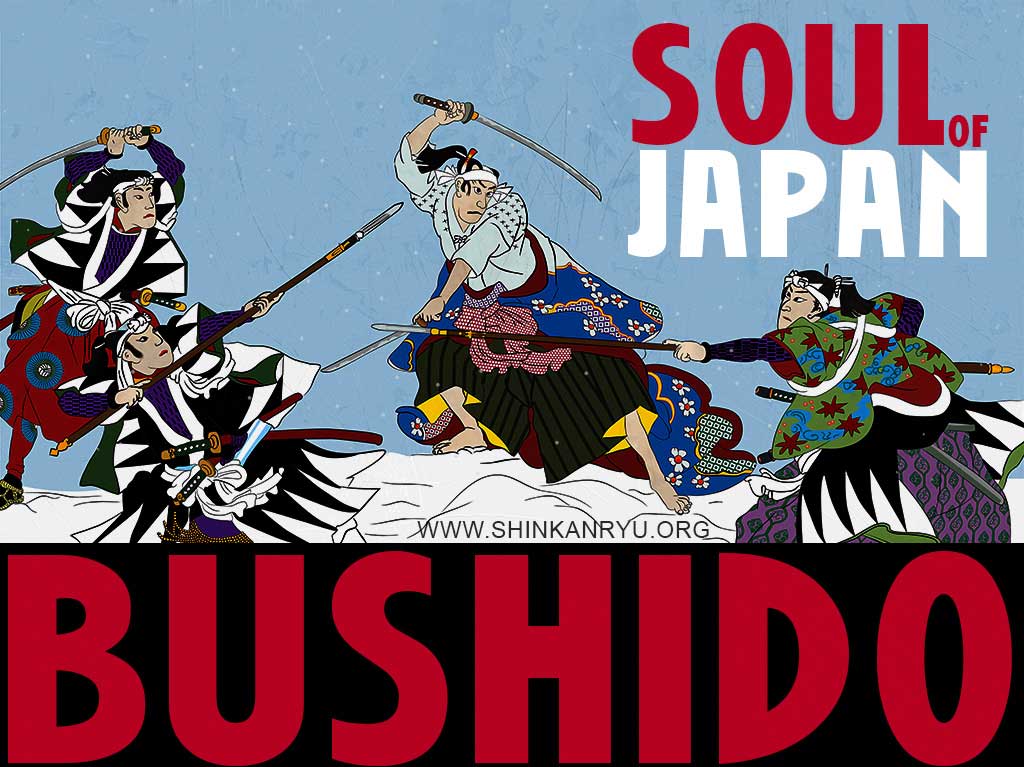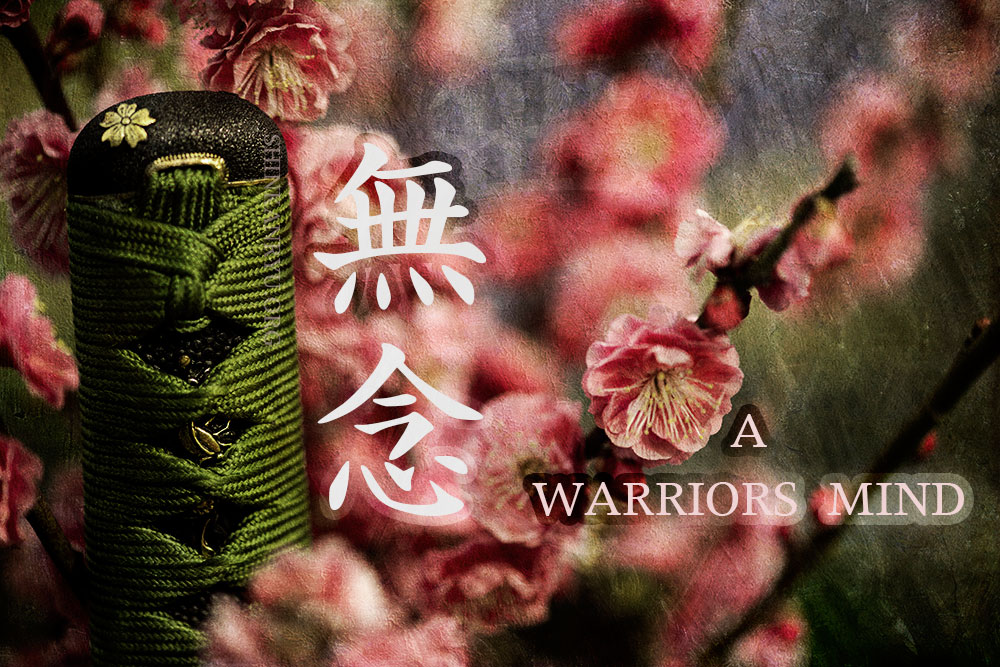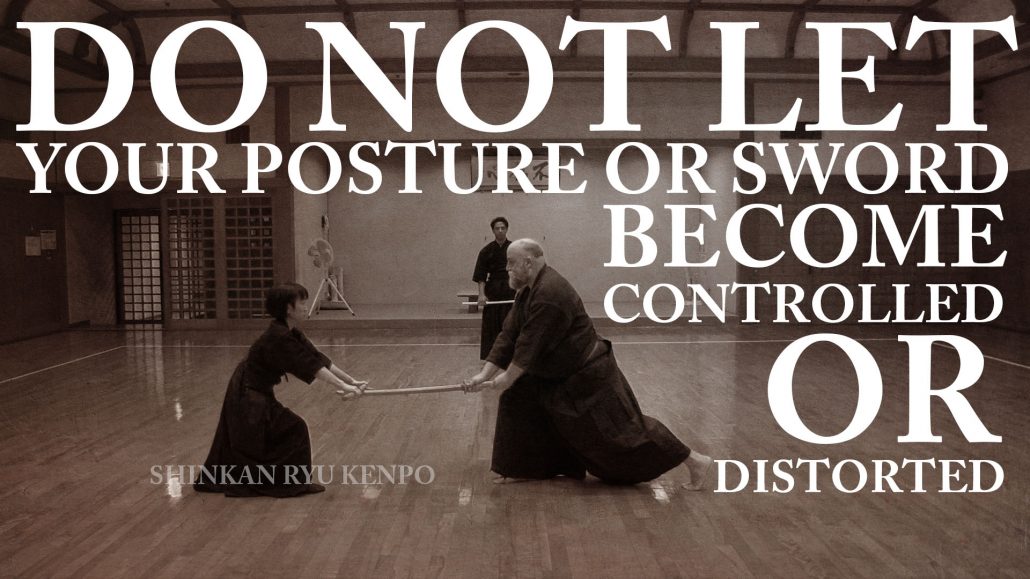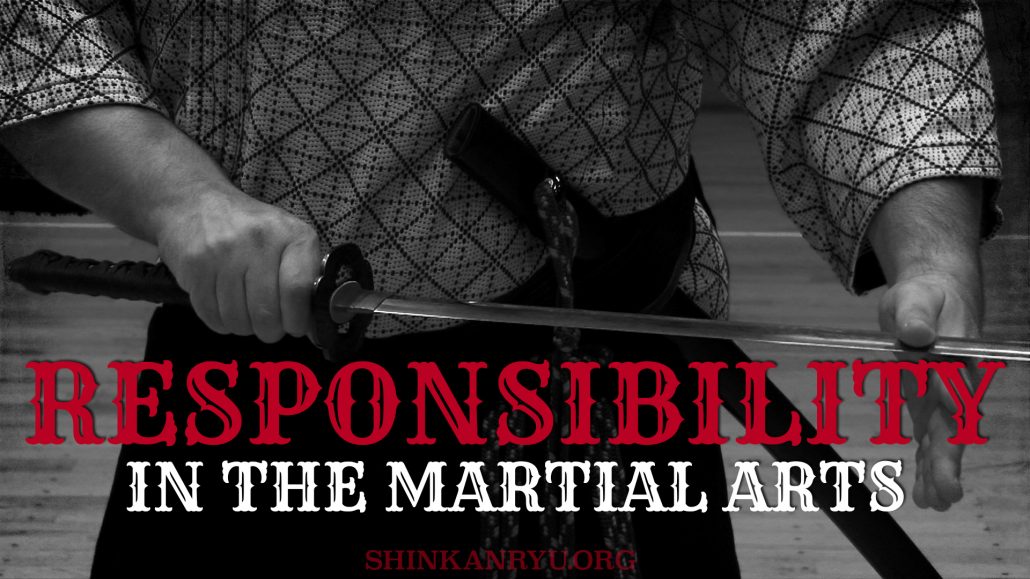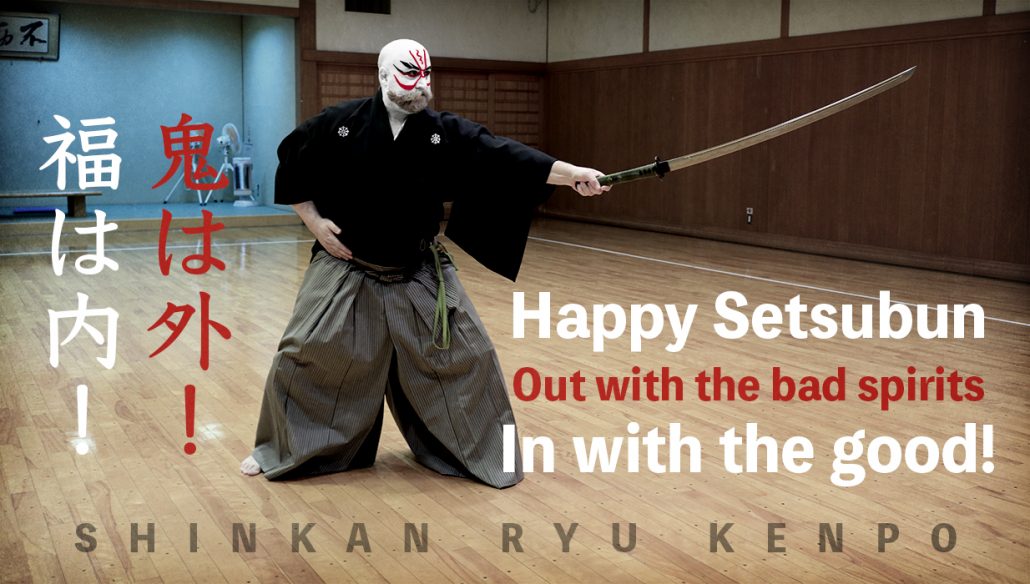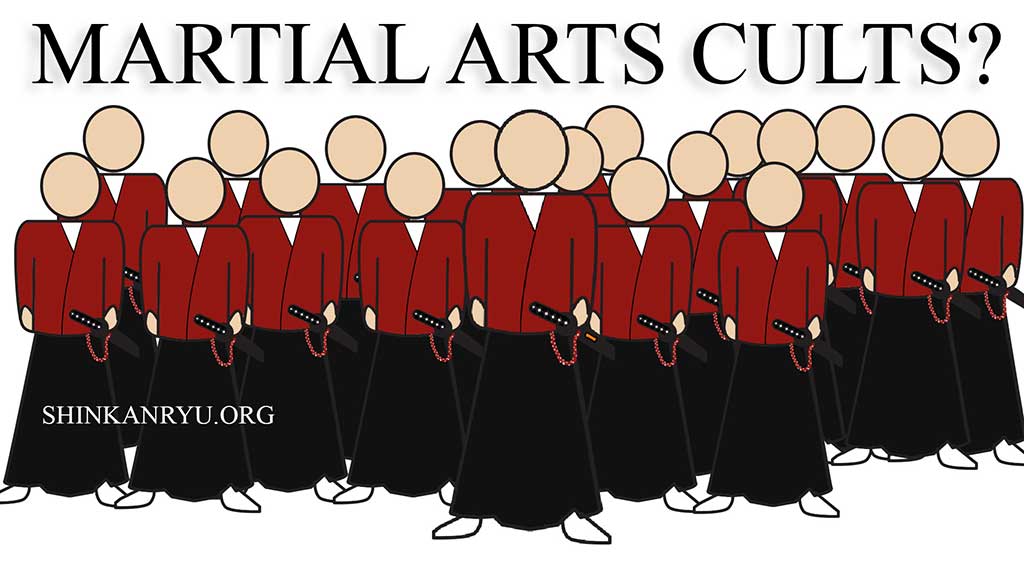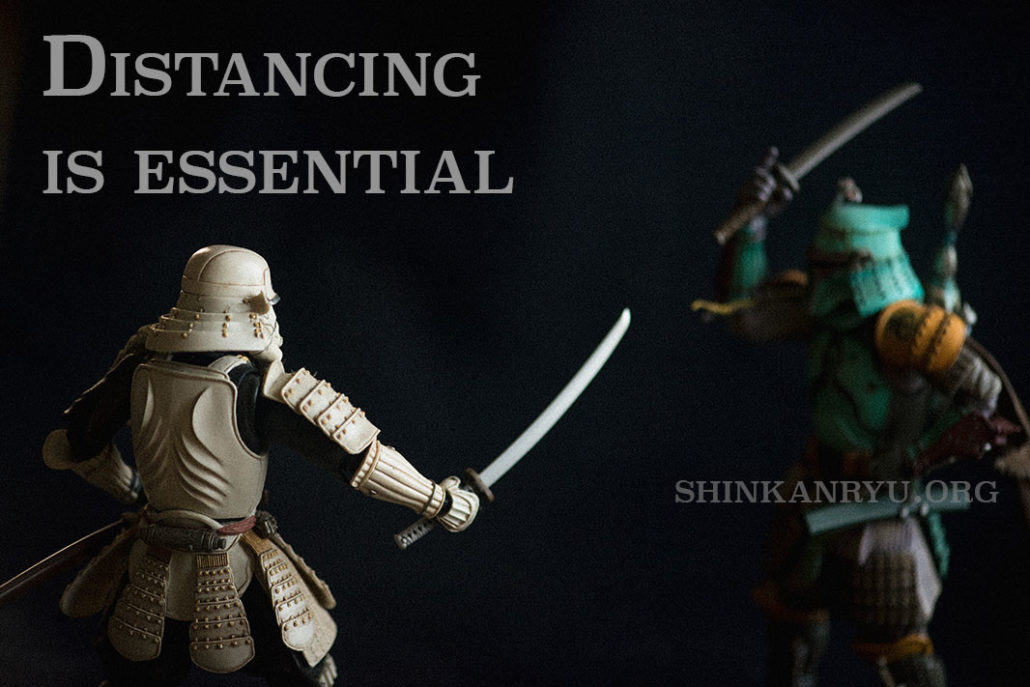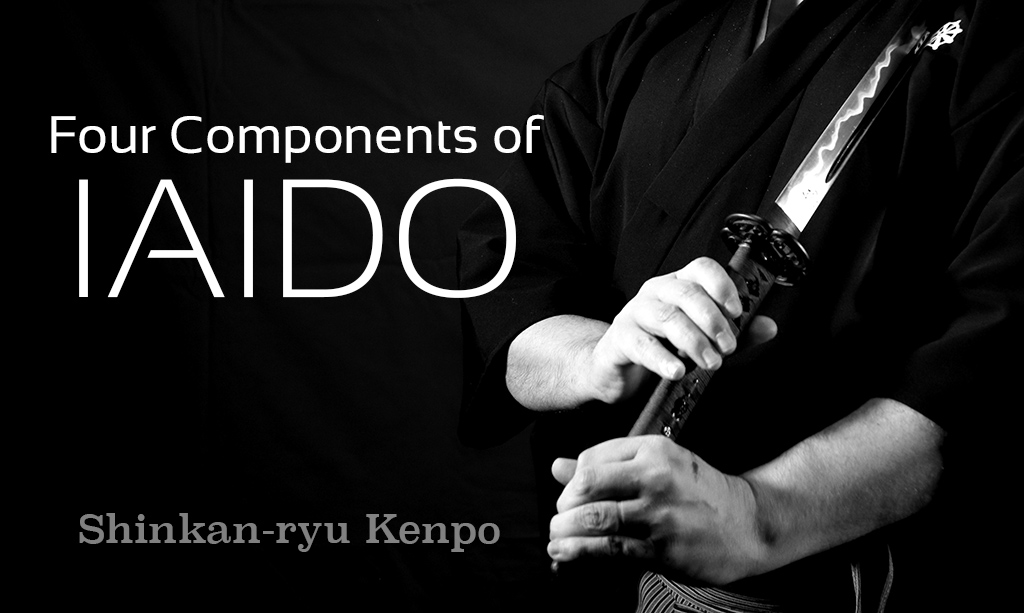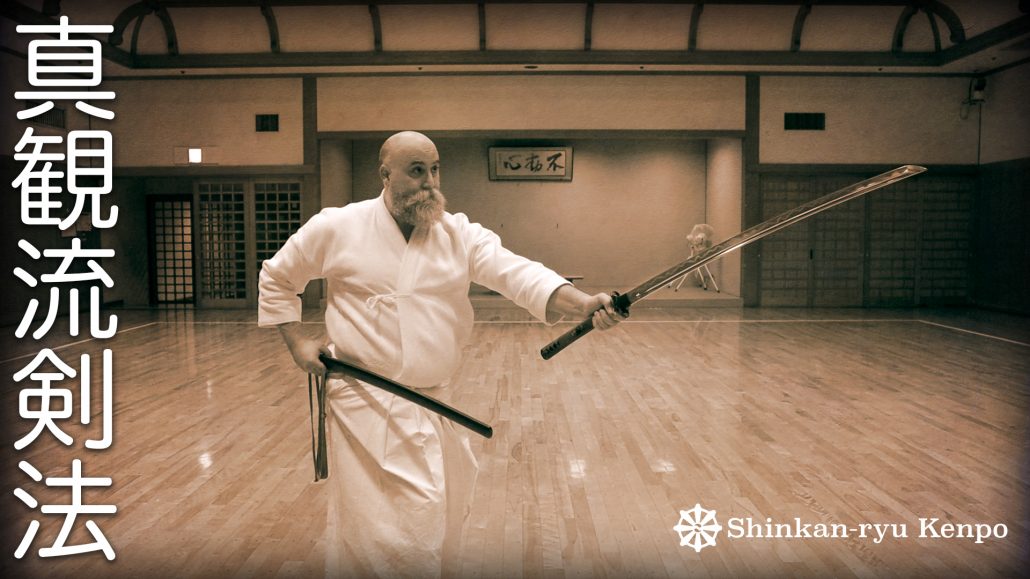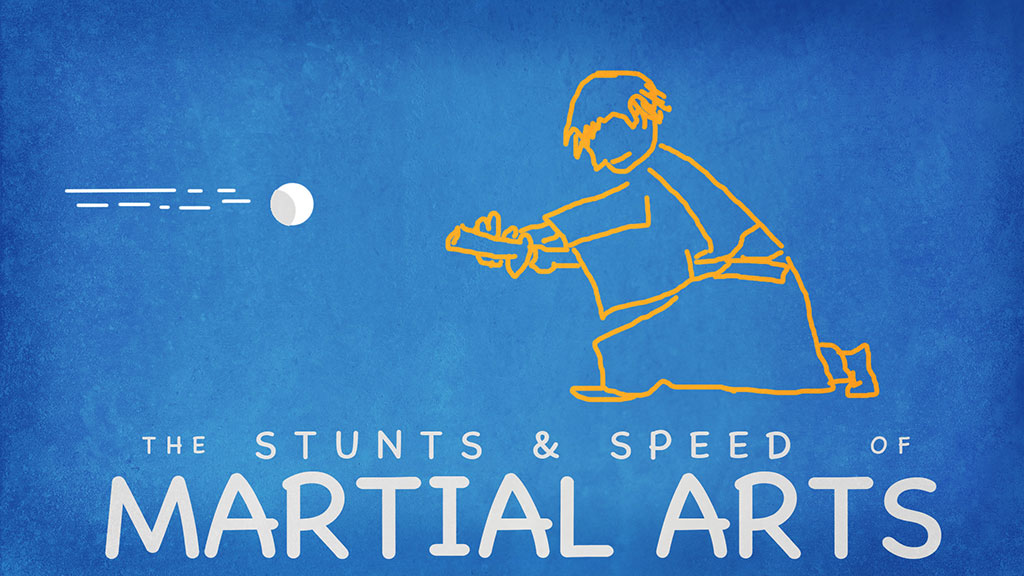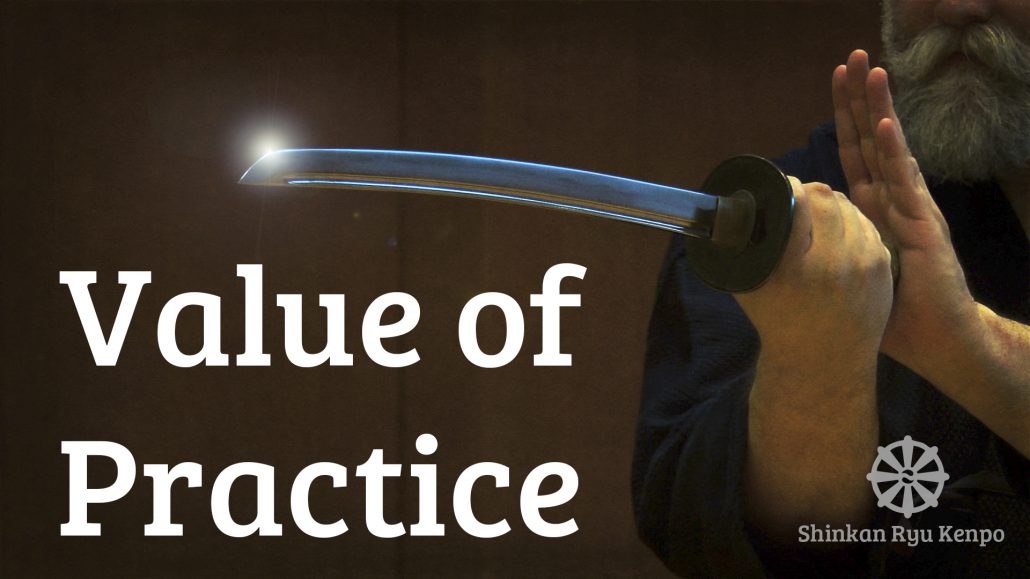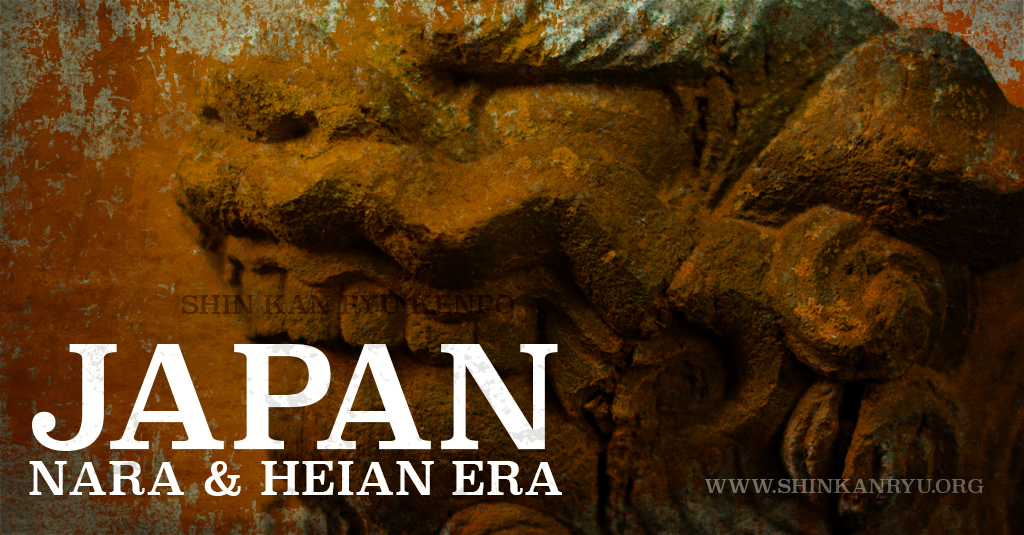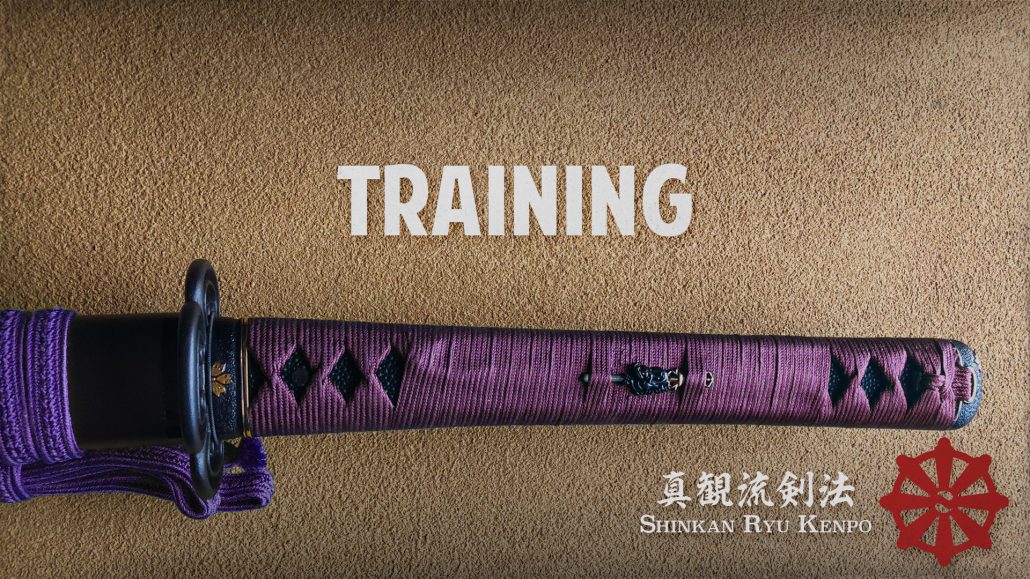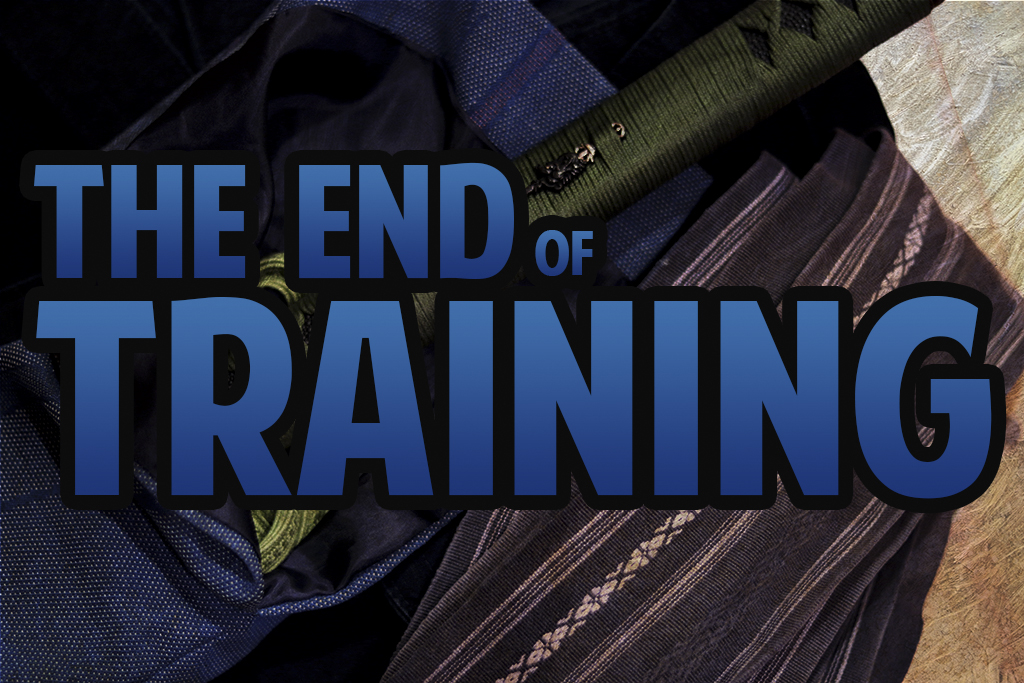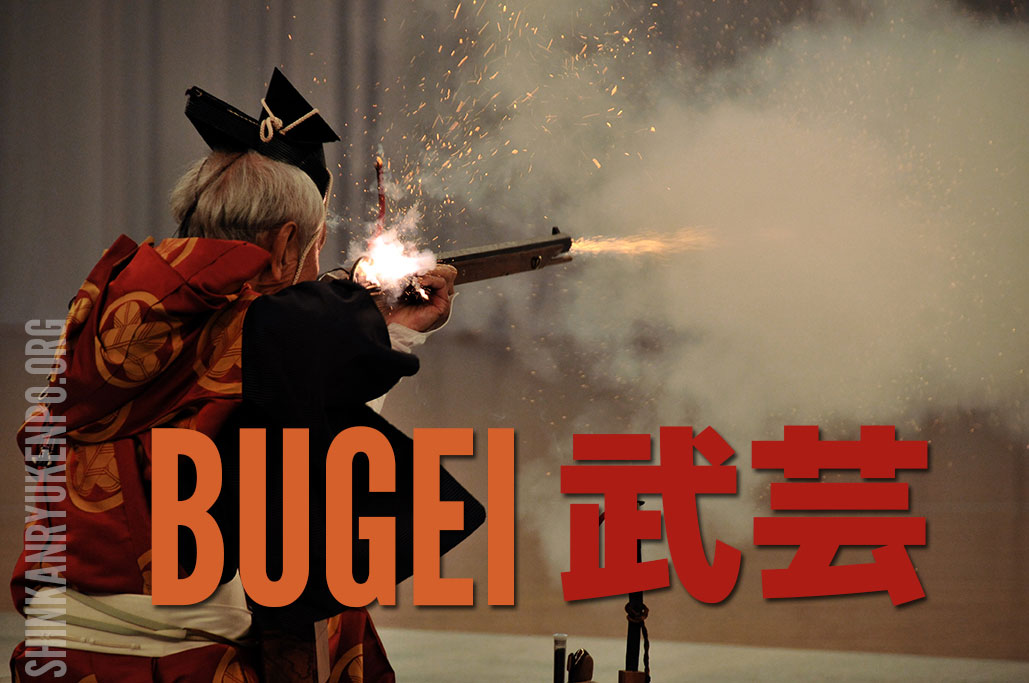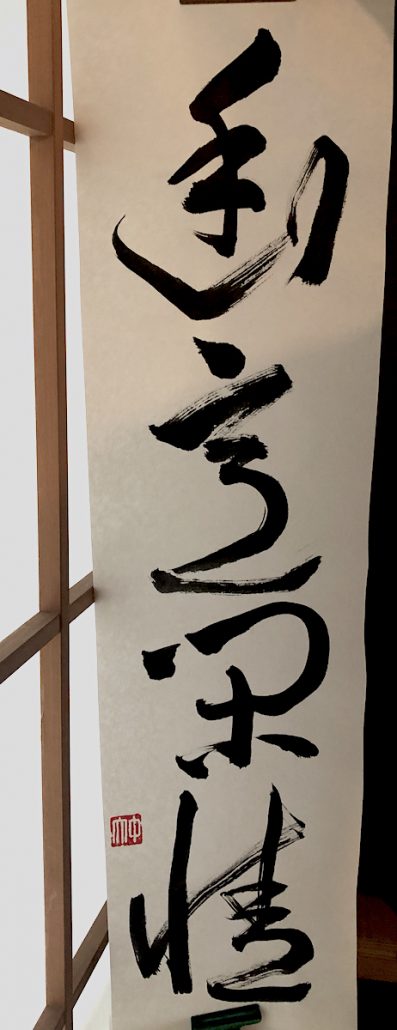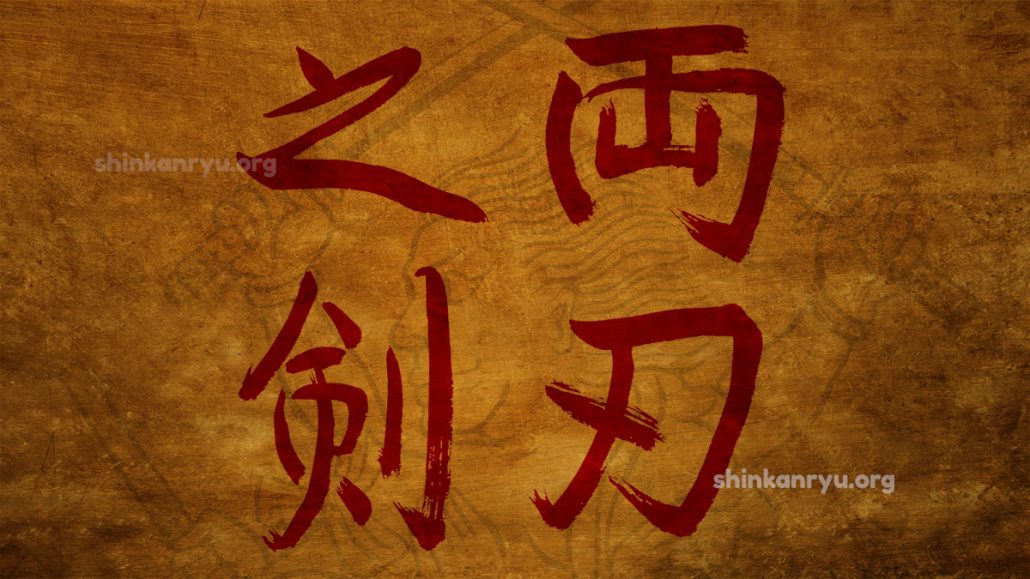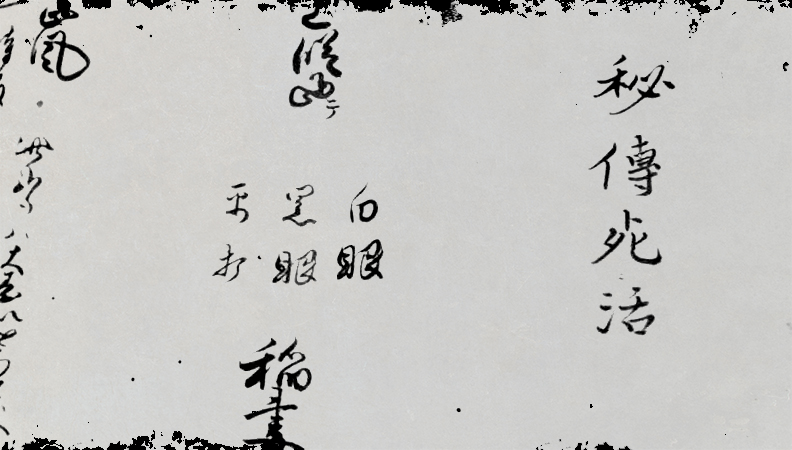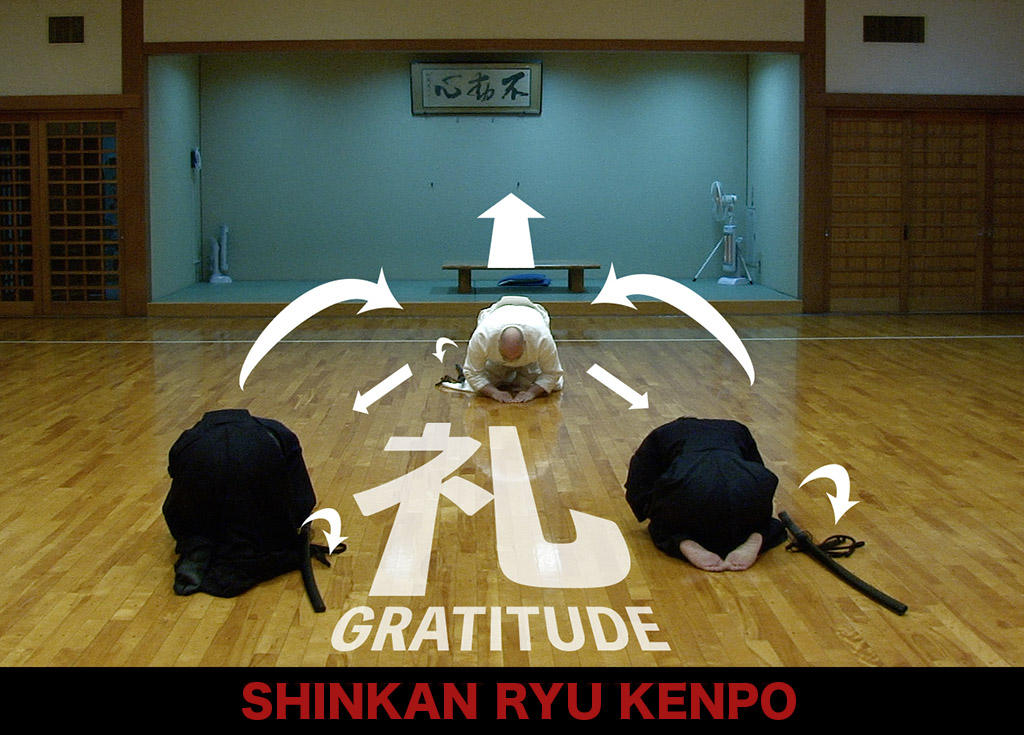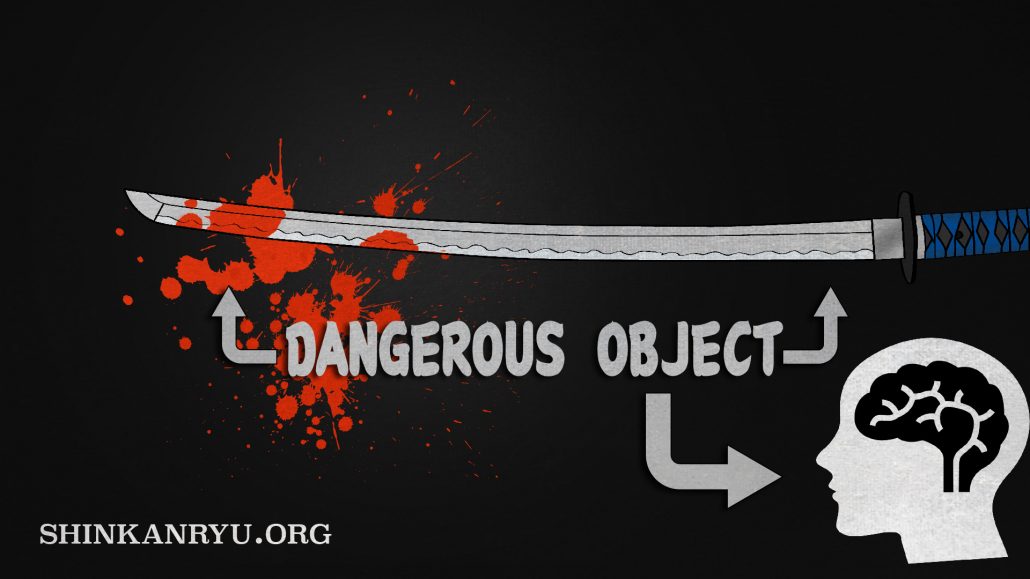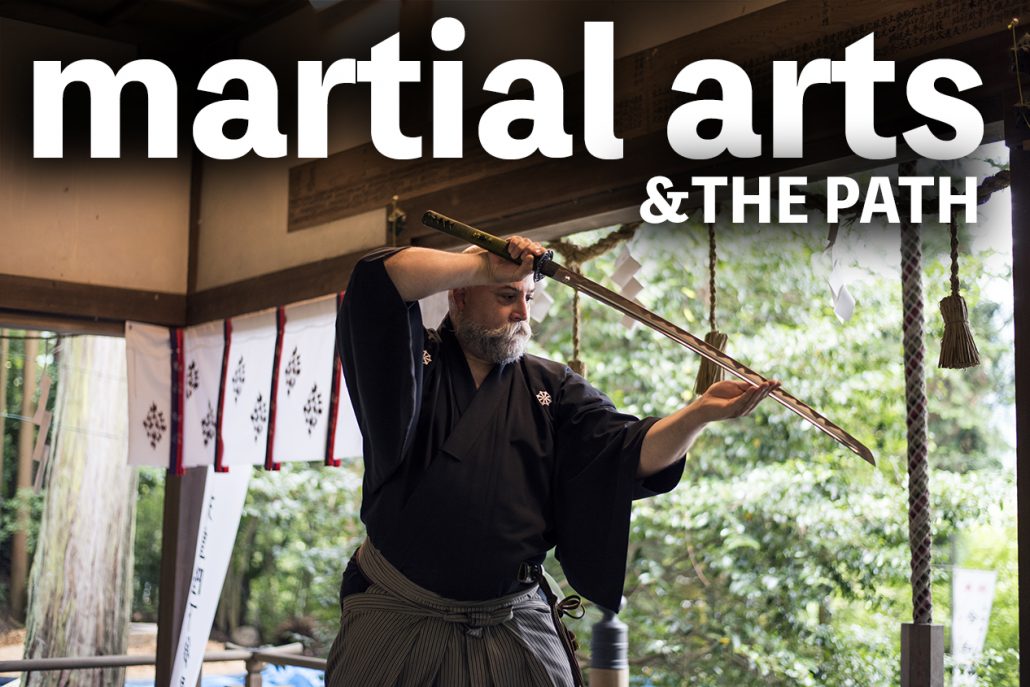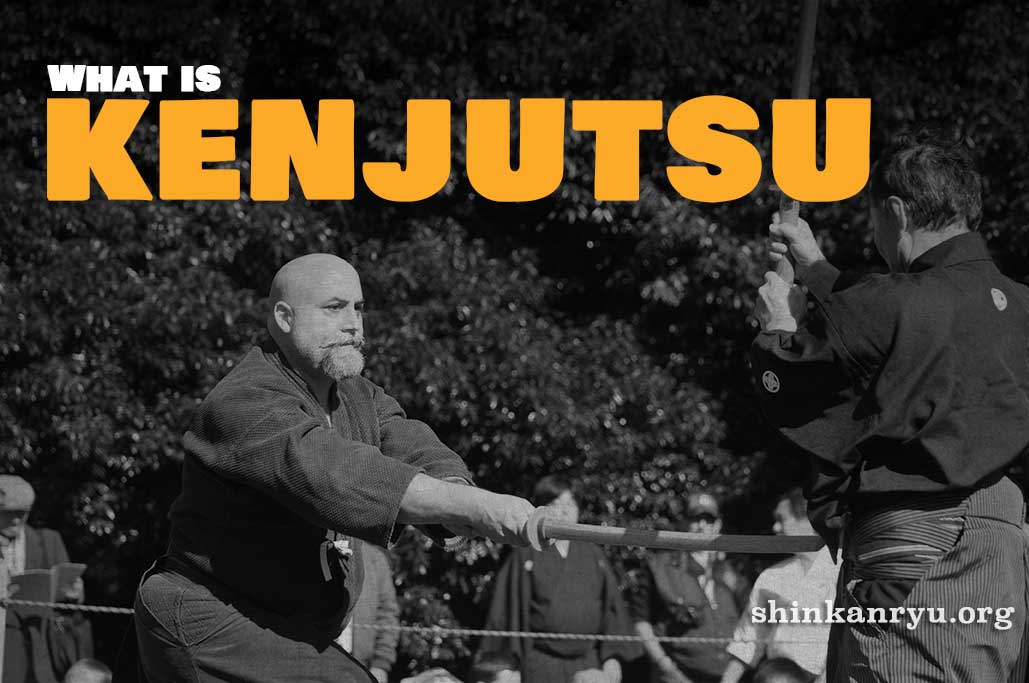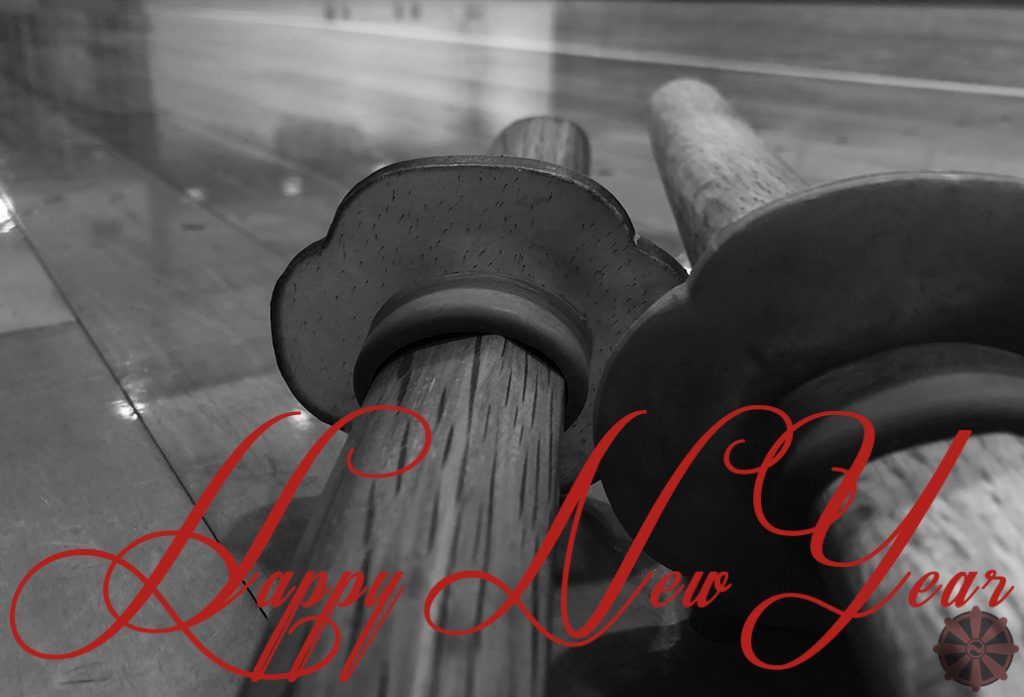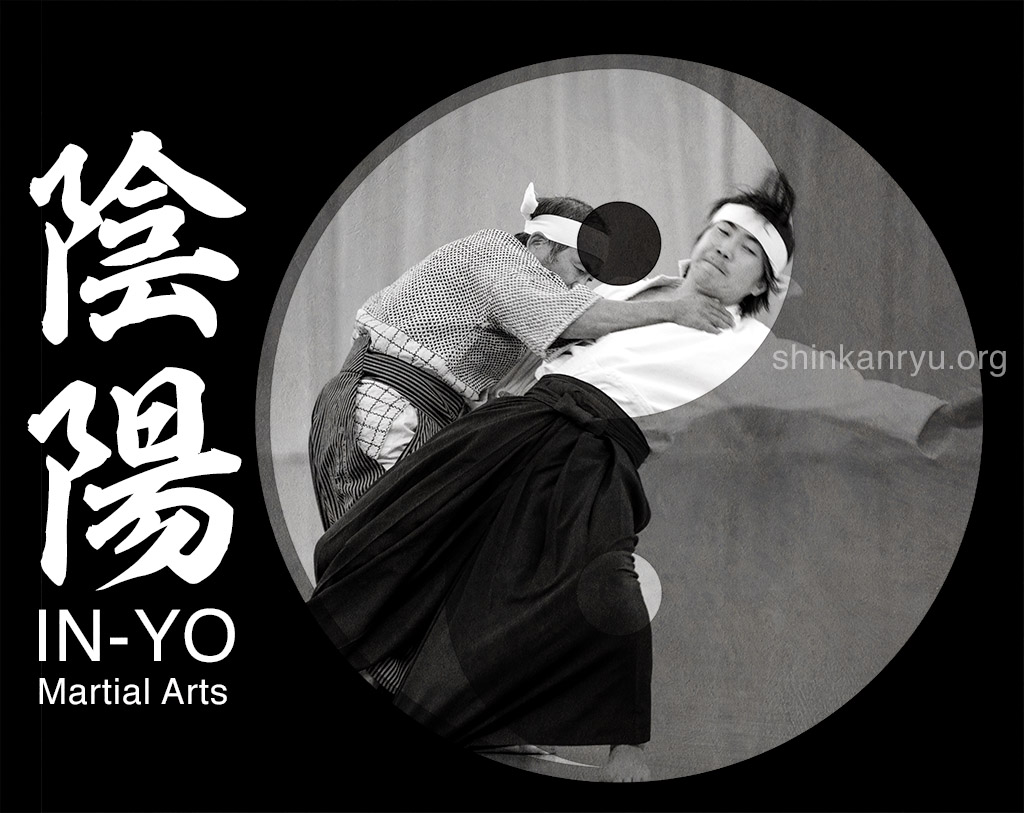Kamma is a Pali word meaning action. Specifically volitional action, a choice or decision made by your own will. It is also known as Karma in Sanskrit. I will be using the spelling in Pali.
Kamma is not a mystical word and doesn't concern forces outside of ourselves. Kamma isn't something directed or controlled by a god or deity. It is, quite only, our intentional actions. Kamma is about what we choose to do. It is not about the subconscious and involuntary actions. It is only about volitional actions.
Where is kamma born?
Where does it come from? Kamma is generated from our minds. In the Dhammapada, the Buddha said, "The mind is the forerunner of all things. Act or speak with a defiled state of mind, and suffering will follow. As surely, the cartwheel follows the foot of the ox."
That is a statement about our kamma and our volitional action.
What are the aspects of kamma?
We have three foundational aspects; mental, physical, and verbal.
As you can probably surmise, the physical and verbal originate from the mind. Physical acts that are not wholesome contribute to bad kamma. For example, fighting, physical abuse, sexual misconduct, and even a tap on the back might be done from a not so pure reason. These are physical manifestations stemming from the poor mental judgment. It is the unwholesome state of mind that causes the physical actions that have bad kammic results.
Speech produces kamma. We have harsh speech and malicious speech that also contribute to bad kammic results. From the Mangala sutta, the Buddha expounds on various blessings or wholesome things in life. He says that whatever utterance is well-spoken, this is the blessing supreme. Speech is the easiest way to slip up. How often have we allowed ourselves to speak harshly or carelessly and caused problems?
Most people can control their physical. I find the speech is effortless to transgress with all the texting and emailing in our modern culture. The wrong word and tone can slip out and hurt or offend easily.
What kind of kamma are we generating with our verbal and physical actions?
Finally, there is the mental aspect, which is the root of the three.
What thoughts exist, and what kamma are we making now?
When we don't agree with someone, what is our first thought? Is it malicious? Is it demeaning? Is it inappropriate or offensive?
We can't always fully see the repercussions of our kamma. If we can see clearly within our minds, maybe we would be more chaste with our actions.
Actions have results. It isn't any kind of revelation or a new lesson. We learn from early on that actions have consequences. We become so engrossed in our happiness and wellbeing that we tend to let our actions become a source of suffering for others, and in turn, ourselves.
Kamma Control
It is through the repeated reflection of our actions that we can cultivate skillful behavior and reduce bad kamma. There are chances when we can gain wisdom from and gain skillful knowledge. Before you perform some action, you should consider if it is wholesome or conducive to the suffering of yourself or others. While performing actions, we should think about whether it is wholesome or leads to the plight of yourself or others. Hafter performing some action, we should reflect on it and think about its effects as well.
There are three primary roots that are causing the bad kamma to grow; avijja- ignorance, not understanding the truth: tanha- which is greed or desire: virodha- which is anger and hatred.
Ignorance, craving, and anger are the three seeds. They are the fundamental elements we much try to root out. Like weeds in the garden, they must be eradicated. This is a long process. It doesn't happen overnight. It requires a lot of diligent work. We are the masters of our kamma. Everyone has their own kamma. We cant change someone's own kamma.
We must focus on ourselves and contemplate the three opportunities when they present themselves.
We should never wish someone to experience bad kamma etc.
Wishing for that is part of the seed of anger.
We must purify our acts of body, speech, and mind. The goal is to be the best we can. It is not about being perfect or saintly. It is, however, about trying.
Conditions that would bring you better kamma would be generosity,
loving-kindness and wisdom.
These are antidotes that will help.
Remember, kamma is not a mystical force. It has nothing to do with gods or past lives. What you think of as bad luck, a crappy childhood, string of bad dates, jerky manager at work, they can not be ascribed to kamma.
Kamma is something you can control. Look at how your mind works. Attend to your mind before, during, and after. Is it peaceful and friendly or filled with hatred or narrow mindedness? We need more loving-kindness and wisdom. We should, as martial artists, try to understand ourselves and each other better. Governing our thinking, speech, and physical actions are paramount.

ラジカスキー真照
館長Saneteru Radzikowski is the head sword instructor of Shinkan-ryū Kenpō. He lives and teaches Iaijutsu and Kenjutsu from Nara, Japan.
Equanimity Of A Bushi
Under the big blue sky, Walk with purpose. せいしょうにへいほうす。青空をすたすた歩く。 Move towards your difficulties (or life...
Martial Arts Breathing
The spirit of the sword is the breath. Breathing Physiology What’s so crucial about martial...
Forge Yourself Through True Budo
You can jump and twirl around and whip about your sword as quick as you...
Shu-ha-ri Budo Learning
Fear Isolation Martial Arts
Budo does not begin and end when you pass through the dojo, or step on...
Shugyō and Keiko Martial Arts Practice
Practicing and Studying There are two main words used about practicing and learning in martial...
You With Sword In Hand, Calm Yourself
The mental issues involved with subscribing to someone you dislike, hate, have anger towards, desire...
Four Enemies
Four Friends. Four Enemies. One morning while on alms rounds the Buddha gave a heap...
Bujutsu Thoughts Issin-furan
[fusion_builder_container hundred_percent="no" hundred_percent_height="no" hundred_percent_height_scroll="no" hundred_percent_height_center_content="yes" equal_height_columns="no" menu_anchor="" hide_on_mobile="small-visibility,medium-visibility,large-visibility" status="published" publish_date="" class="" id="" background_color="" background_image="" background_position="center...
Duping The Gaijin – Martial Arts Fraud
Some Japanese schools or individuals wish to capitalize on the ignorance of non-Japanese martial artists...
When Protectors Become Perpetrators: Martial Arts Community Failures
Recently, a martial arts instructor (Budo Teacher) faced defamatory accusations in a public forum. A...
Iaijutsu Iaido Sword Timing Lesson
Timing while training alone is an important aspect to keep alive and well in the...
Bujutsu Centering
When practicing bujutsu we should always work on being centered. For non-practitioners, it is also...
Dominando las Artes Marciales y las Bases
Hablaré acerca de bases y dominio. Antes de comenzar, quiero decir que usaré la palabra...
Bushido: The Soul of Japan
The code of the samurai is always popping up in martial arts circles and popular...
Munen Muso And Mushin The Warriors Mind
What is the difference between munen and mushin? These concepts outline the ideal mental state...
Sword Control
We should not let our mind or body or sword become contorted or controlled by...
Martial Arts Responsibility
As a martial arts instructor, or school, or especially if you’re representing an authentic Japanese...
Happy Setsubun
鬼は外! 福は内! In our house we dont use beans to chase out the demons, we...
Martial Arts Cults & Lies
I once had an interaction with someone who referred to their school as a genuine...
Covid-19 Corona Virus And Martial Arts
Components of Iaido Iaijutsu
[fusion_builder_container hundred_percent="no" hundred_percent_height="no" hundred_percent_height_scroll="no" hundred_percent_height_center_content="yes" equal_height_columns="no" menu_anchor="" hide_on_mobile="small-visibility,medium-visibility,large-visibility" status="published" publish_date="" class="" id="" background_color="" background_image="" background_position="center...
Bujutsu Thoughts
Training in iaijutsu (or any bujutsu) means doing the same thing over and over and...
Speed, Martial Arts and Samurai Theater
What’s the difference between bugei 武芸 (martial arts) demonstrations and stunts? People are awed by...
Munen Muso And Mushin The Warriors Mind
What is the difference between munen and mushin? These concepts outline the ideal mental state...
What Value Is In Martial Arts Training?
Someone asked, “What value is there in martial arts training?” I reflected, what do I...
Duping The Gaijin – Martial Arts Fraud
Some Japanese schools or individuals wish to capitalize on the ignorance of non-Japanese martial artists...
Japanese Era 710-1868 Part 1 Nara & Heian
Nara period. 710-794 We shall begin with the Nara period. 710-794. Japan had recently changed...
How To Avoid Training Pitfalls In Martial Arts
Beware The Rabbit Holes. I want to talk about some pitfalls of martial arts training....
The End of Training & Boredom In Martial Arts
Budō Is Limitless When does training end? When do we become a master? The short...
What does Bugei mean?
Bugei translates as Martial art, Military arts, or Arts of war. Bu 武 means warrior...
A Lesson Of The Brush & Budō
Today during shodo practice I wrote this. Our minds as the top of...
The Sword With Two Edges
Today I decided to write the four kanji compound of morohanotsurugi. In English, we might...
Koryū Menkyo Kaiden & Classical Martial Arts Proliferation
免許皆伝 Menkyo Kaiden and Koryu Proliferation Mention menkyo or menkyo kaiden around some martial artists...
Equanimity Of A Bushi
Under the big blue sky, Walk with purpose. せいしょうにへいほうす。青空をすたすた歩く。 Move towards your difficulties (or life...
Forge Yourself Through True Budo
You can jump and twirl around and whip about your sword as quick as you...
Rei – 礼 – Gratitude In Budo Training Life
Gratitude for our swords and training equipment, and those that made them. To our teachers...
Playing With Sharp Swords
I have been saying it’s important to get training for using a sharp sword or...
Martial Arts and The Path: Strive for the truth
If you study the way and path 道, then you should understand the truth correctly....
What is Kenjutsu? A guide to Japanese swordsmanship
Kenjutsu (剣術) is the Japanese art of the sword. It is one of the four...
Covid-19 Corona Virus And Martial Arts
Happy New Year
From all of us at Shinkan-ryū Kenpō to you, Have a wonderful New Year Celebration....
Secrets of Swordsmanship: In-yō. Ying & Yang
I wanted to talk about IN-YŌ 陰陽, or more commonly known as yin & yang....


